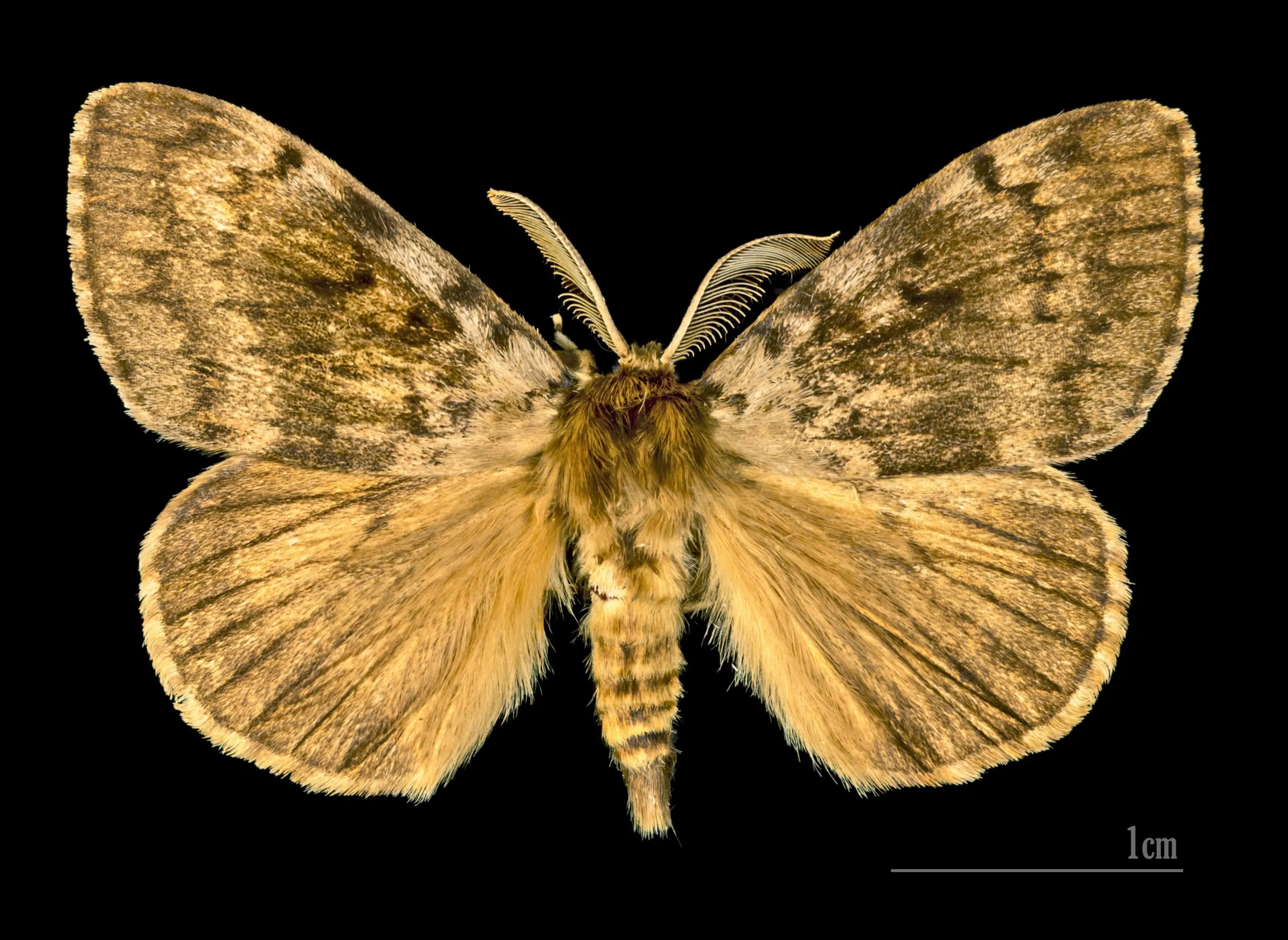The City of Quinte West thanks residents for their efforts to combat the LDD moth (formerly known as gypsy moth) infestation impacting hardwood trees in our region.
Since January, 2,000 people have accessed the City’s digital resources with information to combat the moth infestation. Many residents booked spray appointments to protect trees on rural private properties and Quinte West also arranged spraying of City-owned properties.
There are still options for residents that are not aerial spraying. Now that spring has arrived, residents can take action to protect their trees, particularly if they own a smaller property or do not have a large number of trees to protect.
During April and May, individuals can scrape LDD moth egg masses off surfaces into soapy water to destroy them. According to the Ministry of Northern Development, Mines, Natural Resources and Forestry residents should:
- Place a catchment container below the egg mass.
- Use a scraper tool (e.g., butter knife or plastic paint scraper) to remove the egg mass from the surface. Make sure to remove all eggs. Try not to leave any residual eggs in bark ridges or crevices.
- Empty the contents of the catchment container or bag into a bucket of soapy water.
- Leave the eggs sitting in the bucket for two days, then dispose of the contents in the garbage. Don’t scrape egg masses onto the ground; this does not always kill the eggs, and some may still hatch next spring.
Egg masses can be high up in trees. Be safe accessing egg masses at height and when using a ladder. Some private tree companies can provide this service.
If residents see LDD moths on their properties, they can notify their neighbours, and encourage them to protect their property as well. This will provide the best possible protection for local trees, increasing the likelihood they survive the year. Most healthy trees can withstand a single year of moderate to severe defoliation, but two to three years of heavy defoliation (less than or equal to 50%) can result in the death of the branch or the whole tree.
While there is no guarantee on timelines, outbreaks typically occur over three years. After three years, the population usually collapses back to low densities. Quinte West could expect at least another year or two of severe defoliation in 2022 and 2023 before there will be a significant decrease in LDD moths.
Find more information at quintewest.ca/moths.
THE ABOVE PROVIDED BY THE CITY OF QUINTE WEST






